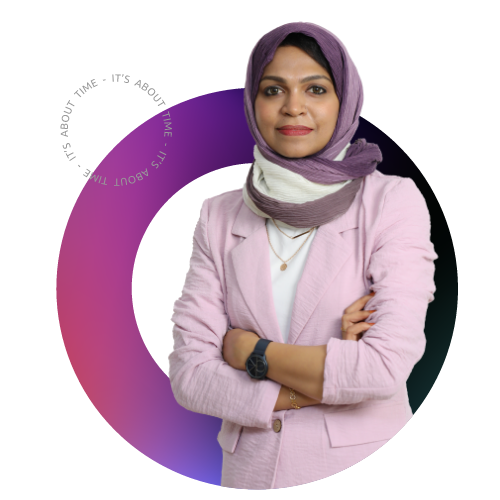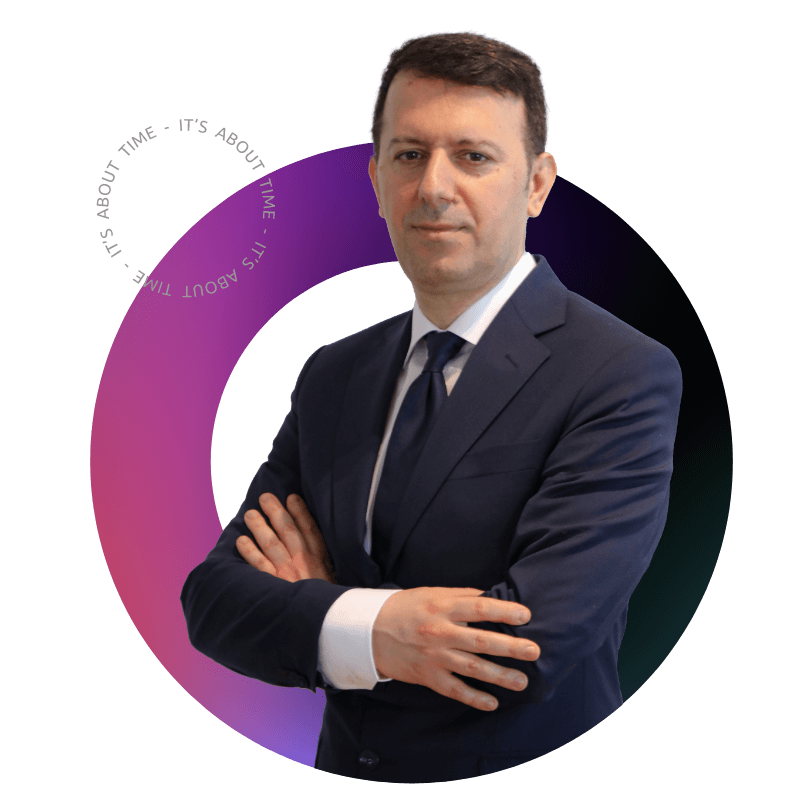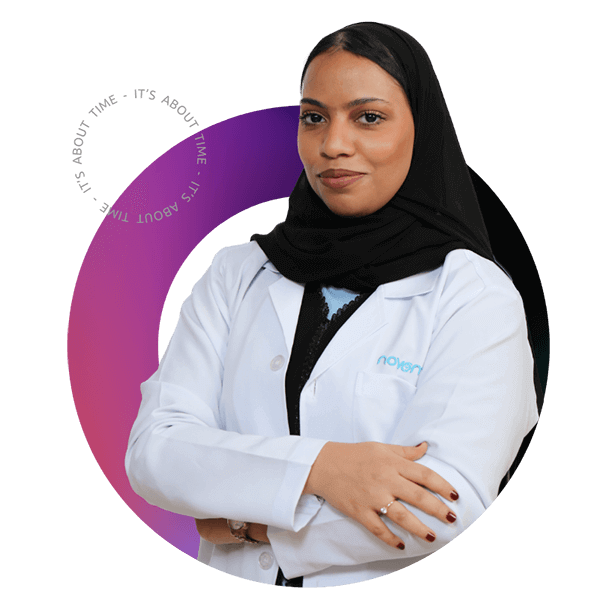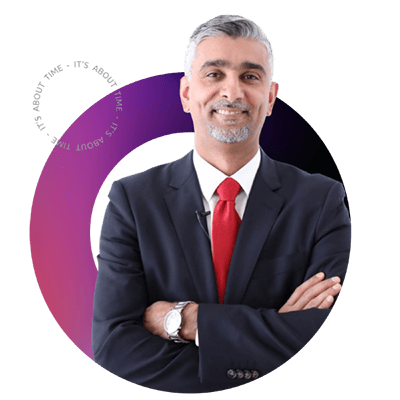Autism spectrum disorder is a condition associated with brain development. It affects how a person perceives and socializes with others, causing problems with interaction and social communication. The disorder also includes limited and repetitive patterns of behavior. The term “spectrum” in autism spectrum disorder refers to a wide range of symptoms and levels of severity.
Autism spectrum disorder begins in early childhood and eventually causes problems with social functioning. Children often develop symptoms of autism within the first year. For a small number of children, development appears to occur normally in the first year, and then they go through a rebound period between 18 and 24 months of age when they develop symptoms of autism.
While there is no cure for autism spectrum disorder, early intensive treatment can make a significant difference in the lives of many children.
What are the symptoms of ASD?
Some of the signs of autism spectrum disorder appear in children in early childhood, such as lack of eye contact, unresponsiveness to their name or indifference to caregivers. Other children may grow normally during the first few months or years of life but suddenly become introverted, aggressive or lose language skills they may have already acquired. The signs usually appear at the age of two years.
Some children with autism spectrum disorder have difficulty learning, and some have scores below normal intelligence. Other children with this disorder range from normal to high IQs — they learn quickly, but they have trouble communicating, applying what they know to everyday life and adjusting to social situations.
Severity can sometimes be hard to determine due to the unique combination of symptoms in each child. It generally depends on the level of vulnerabilities and how they affect the ability to perform the functions.
Below are some common signs that people with autism spectrum disorder show.
Communication and social interaction
A child or adult with autism spectrum disorder may have problems with social interaction and communication skills, including any of the following signs:
- Does not respond when their name is called or seems to not hear you at times.
- Refuses to be hugged and held and seems to prefer playing alone.
- Poor eye contact and lack of facial expressions
- Lack of speech or delay in speaking, or the child may lose his previous ability to say words and sentences.
- Inability to start or continue a conversation or may initiate the conversation to request something or just name things.
- Speaks in an abnormal tone or rhythm; He may use a monotonous voice or speak like a robot.
- Repeats literal words or phrases but does not understand how to use them.
- Does not seem to understand simple questions or instructions.
- Does not express emotions or feelings and appears unaware of other people’s feelings.
- Does not share their interests.
- Interacts inappropriately socially by being agitated, hostile, or disruptive.
- Has difficulty recognizing nonverbal cues, such as interpreting people’s facial expressions, body position, or tone of voice.
Behavior patterns
A child or adult with autism spectrum disorder may have problems with limited, repetitive behavior patterns, attention, or activities, including any of the following signs:
- Makes repetitive movements, such as rocking, spinning, or flapping hands.
- May engage in activities that could harm them, such as biting or banging their head.
- Establishes certain procedures or rituals and gets upset when they change.
- Has coordination problems or has strange movement patterns, such as unbalanced movements or walking on toes, and has strange, rigid, or exaggerated body language.
- May be fascinated by details of something, such as the wheels turning in a toy car, but not aware of the overall picture or function of the object.
- May be unusually sensitive to light, sound, and touch yet indifferent to pain or heat.
- May be impressed by an object or activity with abnormal enthusiasm or concentration.
- May have certain food preferences, such as eating only a few foods or refusing to eat foods with a certain texture.
As children with autism spectrum disorder get older, they improve, become more social, and exhibit less disruptive behavior. Some people with less severe symptoms can lead normal or semi-normal lives. However, some continue to have difficulty with language or social skills, and behavioral and emotional problems can worsen in adolescence.
What are the risk factors of ASD?
The number of children with autism spectrum disorder is rising. It is not clear whether this is due to better monitoring and reporting, the actual increase in the number of cases, or both.
Autism spectrum disorder affects children of all races, but some factors increase the child’s risk. This may include:
The gender of the child. Males are about four times more likely to have autism spectrum disorder than females.
Family history. A family with one child with autism spectrum disorder is more likely to have another child with the disorder. It is also not uncommon for parents or relatives of a child with autism spectrum disorder to have mild problems with social and communication skills or to engage in some of the behaviors associated with the disorder.
Other disorders. Some children with certain medical conditions have a higher risk of developing autism spectrum disorder or symptoms like those of the disorder. Examples include fragile X syndrome, an inherited disorder that causes intellectual problems; tuberous sclerosis, a condition in which benign brain tumors grow; and Rett syndrome, a genetic condition that affects exclusively girls and causes slowed head development, intellectual disability, and aimless use of hands.
Preterm babies. Babies born before 26 weeks gestation may be more likely to develop autism spectrum disorder.
The age of the parents. There may be a link between children born to older parents and autism spectrum disorder, but there is not enough research to prove it.
How is ASD treated?
There is no cure yet for autism spectrum disorder, and there is no one-size-fits-all treatment method. The goal of treatment is to increase a child’s ability to function as efficiently as possible by reducing symptoms of autism spectrum disorder and supporting development and learning. Early intervention during the preschool years can help your child learn vital social, functional, behavioral and communication skills.
A combination of home and school-based therapies and interventions may help treat autism spectrum disorder, and your child’s needs may change over time.
Treatment options may include:
Behavioral and communication therapies. Many programs address a range of social, language, and behavioral difficulties associated with autism spectrum disorder. Some programs focus on reducing problematic behaviors and teaching new skills. Other programs focus on teaching children how to behave in social situations or to communicate better with others. Applied Behavior Analysis (ABA) can also help children learn new skills and generalize these skills in multiple situations through a reward-based motivation system.
Educational therapies. Children with autism spectrum disorder often respond well to highly structured educational programs. Successful programs typically include a team of professionals and different activities to improve social skills, communication skills, and behavior. Preschool children who receive focused, individualized behavioral interventions often make good progress.
Family therapy. Parents and other family members can learn to play and interact with their sick children in ways that stimulate social skills, address behavioral problems, and teach daily living and communication skills.
Other treatments. Depending on your child’s needs, speech therapy to improve communication skills, occupational therapy to teach activities of daily living, and physical therapy to improve movement and balance may be helpful. Our psychiatrist may recommend ways to treat behavior problems.
To book an appointment or for more information about Autism Treatment, call us toll-free on 800 (NOVO) 6686 or click the live chat icon at the bottom of the screen.





























